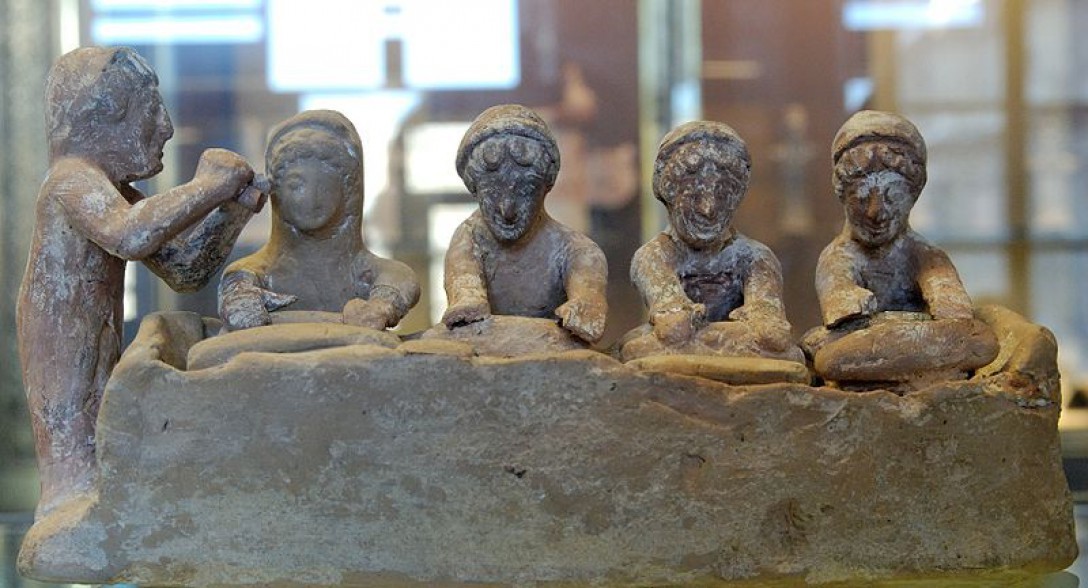The nexus of food and diplomacy was a common theme in early modern diplomatic advice literature. The importance of the culinary diplomacy is especially evident in Venice’s mission in the Ottoman capital.
”Marino Cavalli, one of Venice’s most accomplished sixteenth-century ambassadors, similarly underlined the role of food in effective diplomacy.
In 1561, after returning from Constantinople, he composed a treatise, “Informatione dell’offitio dell’ambasciatore”, intended for a son leaving on a diplomatic mission to Savoy. Less interested in theoretical reflections, Cavalli instead focused on a range of very pragmatic issues. He advised his son that, while an ambassador’s reputation for “humanity, splendor, beneficence, far-sightedness, and prudence” was his most essential asset, second in importance was his ability to maintain a “table more abundant than lavish”.
Cavalli considered the credentiero and the chef two of the embassy’s most important staff members. The credentiero was charged with maintaining the sideboard containing flasks, cups, bowls, linens, candelabra, and silver, which accompanied every ambassador. He also oversaw the logistics of seating and serving dinner parties, and ensured that the table was honorably furnished. The key figure, however, was the chef: Cavalli wrote that “the best thing that an ambassador has in his house is a good chef”. A good chef contributed to his master’s reputation and attracted guests and clients to the embassy’s table; this, in turn, helped accomplish the mission’s diplomatic objectives. ”
Read more of “A Continual Tavern in My House”: Food and Diplomacy
in Early Modern Constantinople’ here. Author:Eric R. Dursteler

